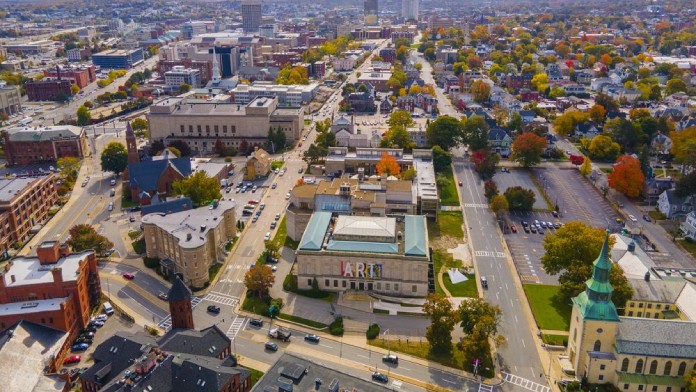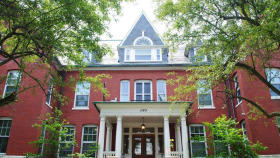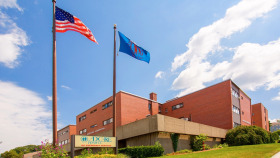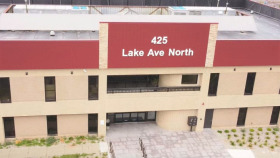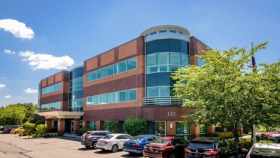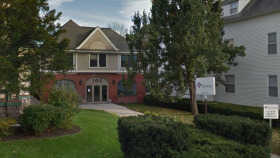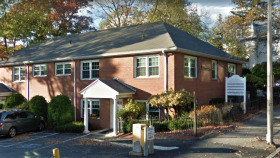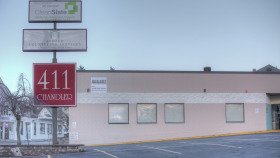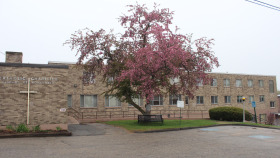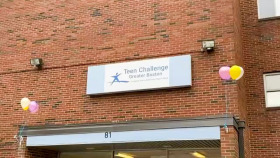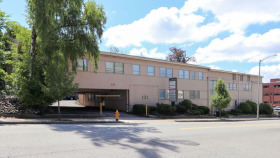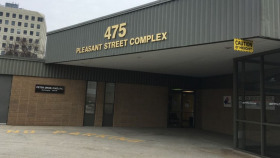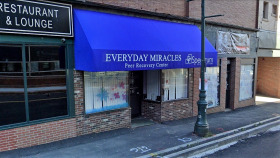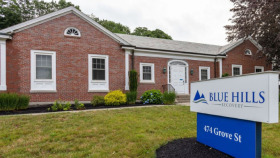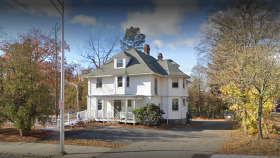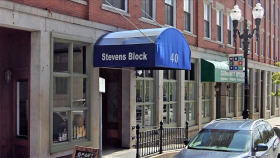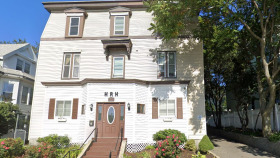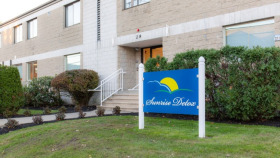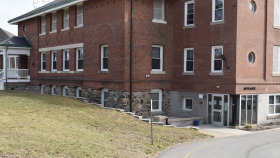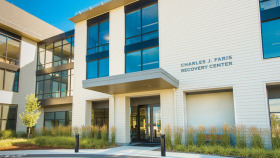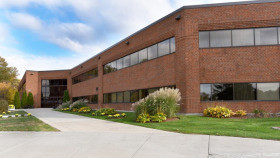Expert Insights
A new mobile unit funded by The Craft Center for Community Health has made its way to Worcester, Massachusetts. The Community Care in Reach Mobile Unit brings addiction treatment anywhere people are in need. It’s able to reach areas that otherwise wouldn’t have access to addiction treatment services. The mobile unit has medications for addiction treatment, a needle exchange program, various supplies to help with detox, and more. What’s more, caregivers can also refer patients to counselors and long-term rehab programs. The mobile unit also offers preventive care like immunizations, chronic disease management, hepatitis C treatment, and specialty medical care. These types of mobile addiction treatment units are one of the only ways some communities are able to access care, making them a valuable asset on the streets.
~ Peg O’Connor
Cost of Drug Rehab in Worcester
What you’ll ultimately pay for drug or alcohol rehab in Worcester depends on several variables unique to your situation. Factors such as whether you have health insurance, what your policy covers, the facility you select, and your program length will all affect the cost of your care.
According to the Substance Abuse and Mental Health Services Administration, Worcester County is home to at least 80 addiction treatment facilities. Of those rehabilitation centers:4
Many Worcester drug rehabs accept multiple types of insurance, so if you have a healthcare plan, it can help reduce your costs. But keep in mind your policy’s network and individual benefits will determine the extent of that reduction. To find out whether you have partial or full coverage for the type of addiction treatment you need, call your insurance provider.
Worcester Alcohol and Drug Use Statistics
Worcester is the county seat and most populous city in Worcester County, Massachusetts. Like many metropolitan areas throughout the Eastern United States, the city has long combatted substance use issues among its residents. Notable alcohol and drug use statistics for the city of Worcester and the county as a whole include:1, 2, 3

In 2017, nearly 6,600 city residents were admitted to treatment for alcohol and/or drug abuse. The overwhelming majority were males (71.6%) and of caucasian descent (68.2%).
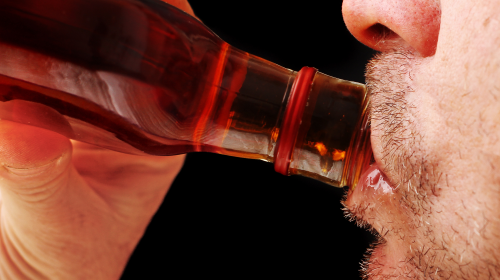
Roughly 67% said heroin was their primary substance of use, while 21% reported that alcohol as their primary substance of use.

In 2020, 282 Worcester County residents lost their lives due to an opioid-related overdose. From 2010-2020, the county recorded a 356% increase in opioid-related fatalities.
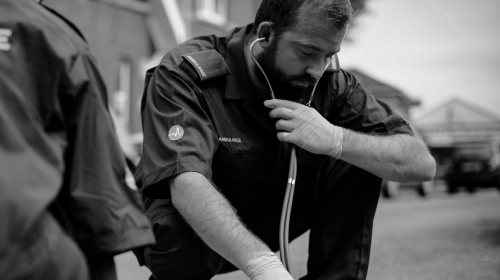
In 2020, Worcester recorded 1,288 emergency calls for suspected opioid-related incidents. In the first two quarters of 2021, the city saw 624 such calls.
Drug and Alcohol Laws in Worcester, MA
Massachusetts 911 Good Samaritan Law: Under this law, anyone who, in good faith, seeks emergency medical assistance for a person experiencing an overdose will neither be arrested nor prosecuted for possession of controlled substances. This law does not, however, provide protection for anyone who appears to be involved in drug trafficking. Only those with small quantities of illicit drugs are protected from legal repercussions under this statute.5
Naloxone Standing Order: In 2018, Massachusetts’ Act for Prevention and Access to Appropriate Care and Treatment of Addiction expanded the public’s access to naloxone, a life-saving opioid-reversal medication. Under this act, anyone at risk of an opioid overdose can get naloxone from a licensed pharmacy without a prescription. Anyone who may be able to administer naloxone to someone experiencing an overdose can also obtain the medication from a pharmacy without a prescription. There is no limit to the amount of naloxone a pharmacy can dispense to an individual under this law.6
Recreational Marijuana Decriminalization: In Massachusetts, individuals aged 21 and older may possess one ounce or less of cannabis on their person and up to 10 ounces in their primary residence with no legal penalty. The state also considers public possession of up to two ounces of cannabis a civil rather than criminal offense.7, 8
Worcester County Adult Drug Court: Worcester County offers a drug court program for eligible offenders aged 18 and older with alcohol and/or drug addiction and a high risk of reoffending as a result of substance use. This program serves as an alternative to incarceration and/or traditional probation and is designed to reduce recidivism and help justice-involved persons become more productive citizens. Individuals who opt into the program receive intensive addiction treatment and must regularly check in with probation officials and complete drug/alcohol testing.9
Resources
- FindTreatment.gov. (n.d.). FindTreatment.gov.
- Massachusetts Department of Public Health, Bureau of Substance Addiction Services. (2018, August 13). Geographic Fact Sheet.
- Massachusetts Department of Public Health. (2021, November). Number of Opioid-Related Overdose Deaths, All Intents by County , MA Residents: 2010-2020.
- Massachusetts Department of Public Health. (2021, November). MA Opioid-Related EMS Incidents 2013-Q2 2021.
- Substance Abuse and Mental Health Services Administration. (n.d.). FindTreatment.gov.
- The 192nd General Court of the Commonwealth of Massachusetts. (n.d.). Section 34A.
- Commonwealth of Massachusetts. (2018, November 26). Policy No. 2018-04: Naloxone Dispensing via Standing Order.
- The 192nd General Court of the Commonwealth of Massachusetts. (n.d.). Section 7.
- Commonwealth of Massachusetts. (2019, June 21). Mass. General Laws c.94C § 32L.
- Commonwealth of Massachusetts, The Trial Court. (2015). Adult Drug Court Manual.

